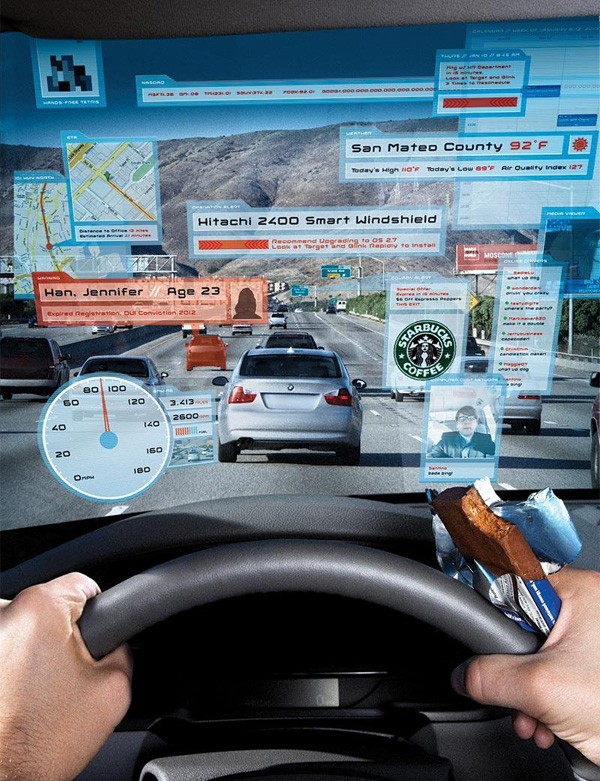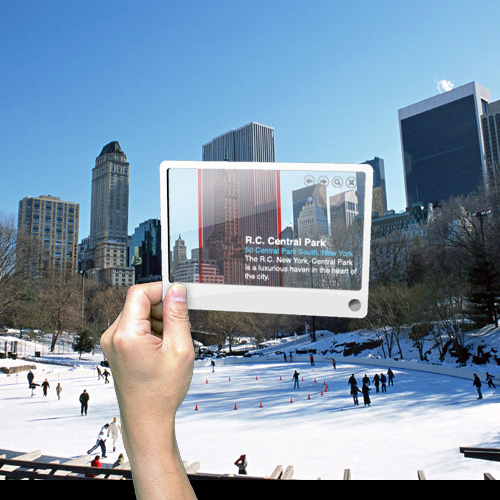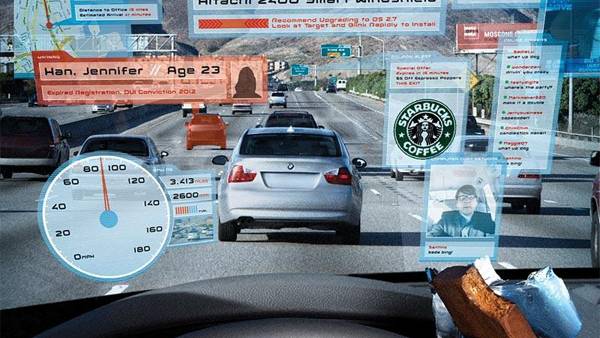Augmented Reality or Futuristic Invasion of Privacy?
Source: gigaom.com

Like it or not, the web is getting more and more interconnected to the "real" world — in part by what some call "augmented reality" apps, which allow Google Goggles to recognize physical objects when you point your mobile device at them, or have Yelp show you reviews of nearby restaurants hovering in the air as you hold up your phone. This is all wonderful and Star Trek-like, but what are the privacy implications of this kind of technology? Take just one recent example of the trend: an iPhone and Android app called "Sex Offender Tracker," which shows you the location of any registered sex offenders in your area."
It sounds like a joke, or a Saturday Night Live skit — an impression that isn’t helped by the fact that app-maker BeenVerified (which runs a criminal background-check service), is using Antoine Dodson as its pitchman in a YouTube video commercial for the product. In case you aren’t familiar with him, Dodson is an Alabama resident who became famous earlier this year after an interview he gave to a local TV station about a sexual assault on his sister was turned into a YouTube viral hit that eventually made it to iTunes (and earned Dodson enough to buy a house). In the promotional video, Dodson holds up his phone and the app shows a series of red exclamation marks superimposed on the surroundings, with each denoting a registered sex offender."
Obviously, sexual offenses are not a joke. And the ability to use your phone to see important information about your neighborhood or the place you happen to be has the potential to be hugely valuable. But do we really want apps that can pull up a person’s criminal history and other details about his or her life and show it to us in real-time as we watch them walk down the street? At the moment, it’s only a sex-offender tracking app — but what’s to stop other companies or apps from pulling up anyone’s credit history, tax records or a list of criminal offenses and superimposing them on your face as you shop for groceries?"
As Om noted recently, services like Rapleaf have all kinds of data about you, compiled from various public databases and the history of your movements around the web and various social networks. The potential for real-time invasions of privacy seems to be escalating, and it’s not just celebrities any more who are subject to services such as JustSpotted.com, which shows you real-time encounters with celebrities "in the wild." When Gawker.com came out with its Gawker Stalker tool — a similar celebrity tracker — in 2006, there was outrage at the invasion of privacy it represented. Now such things are ho hum. And they are becoming more a reality of life for everyone, not just "stars."
It may be true that on the Internet you have no privacy, as Sun Microsystems CEO Scott McNealy said in 1999 (and as this humorous Venn diagram of the intersection between the Internet and privacy illustrates) but not everyone is comfortable with that bargain. The trials and tribulations of Facebook and its attempts to balance privacy and social sharing are evidence of that, as the company continues to face lawsuits and government inquiries. Meanwhile, Google CEO Eric Schmidt told an interviewer that if people don't like the fact that the company is recording pictures of their homes via its Street View cars, "you can just move." We’re assuming that’s a bad joke — or maybe not."

Source: gigaom.com






















